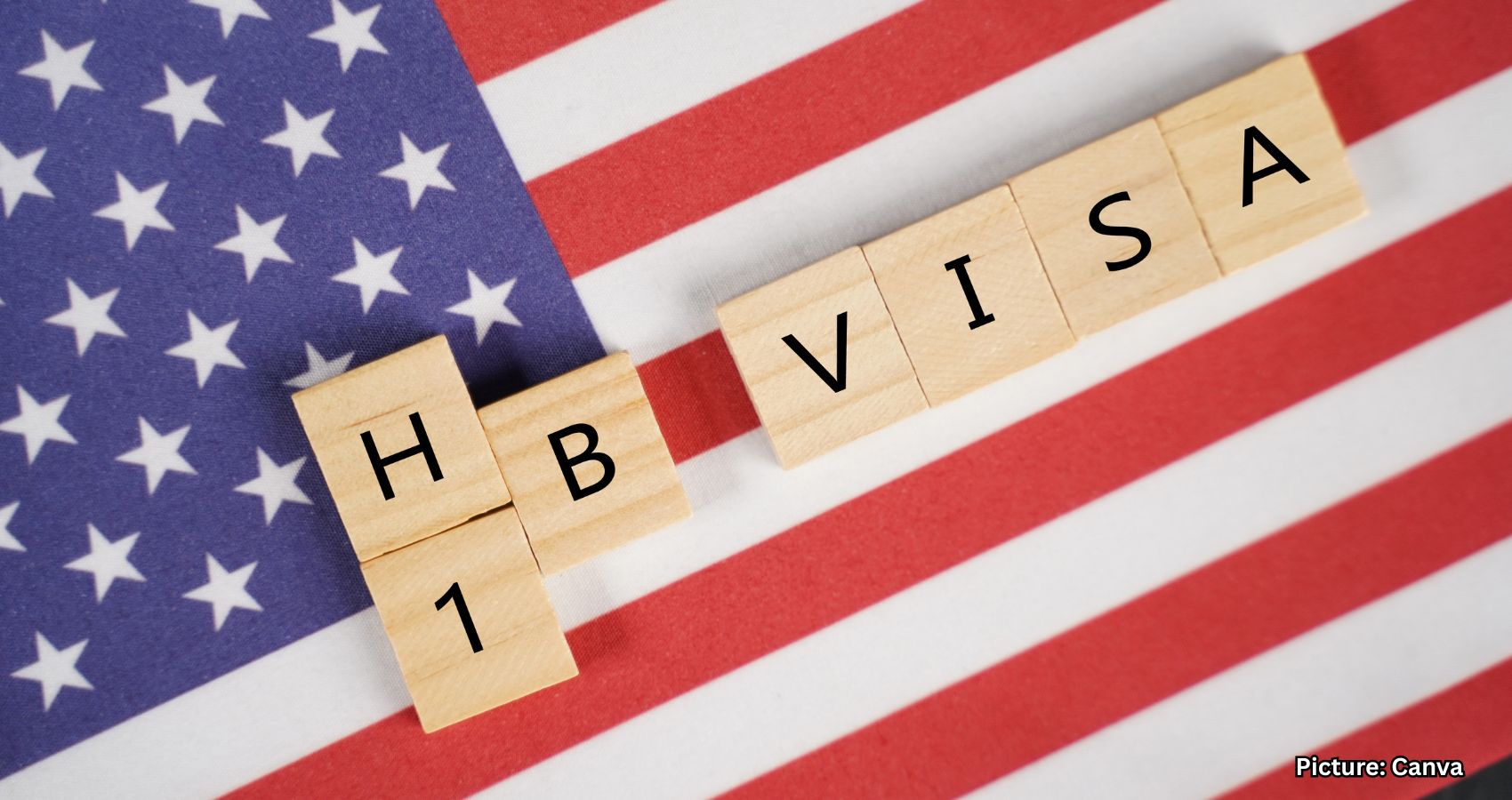U.S. lawmakers, including Representative Ami Bera, are urging President Trump to reconsider recent restrictions on H-1B visas, citing potential negative impacts on the economy and U.S.-India relations.
In a recent letter to President Donald Trump, U.S. Representative Jimmy Panetta, along with Congressmen Ami Bera, Salud Carbajal, Derek Tran, and Congresswoman Julie Johnson, has called for the reversal of the September 19 Proclamation that limits H-1B visas. The bipartisan group of lawmakers expressed concern that these restrictions could adversely affect the relationship between the United States and India, as well as diminish America’s competitive advantage in technology and innovation.
Representative Ami Bera, a senior Indian American member of Congress and a long-time proponent of stronger ties between the U.S. and India, underscored the importance of H-1B professionals in bolstering the U.S. technology sector. “Our economy thrives on global talent and innovation,” Bera stated. He cautioned that restrictive visa policies could jeopardize both American leadership in the tech industry and the partnership with India.
Panetta shared similar sentiments, describing the H-1B program as essential for maintaining America’s leadership in technological innovation, particularly in light of the rapid advancements in artificial intelligence. He noted that nearly 75 percent of current H-1B recipients originate from India and urged the administration to expand the program rather than restrict it to foster continued growth in high-tech industries.
The lawmakers highlighted that many of the most successful companies in America were founded or led by individuals who were once H-1B visa holders. These entrepreneurs continue to contribute to job creation and economic development across the country. They argued that limiting visa availability would negatively impact local economies, particularly in areas with significant Indian American and immigrant populations that play a vital role in civic and economic life.
This appeal comes in the wake of Florida Governor Ron DeSantis’s recent decision to prohibit H-1B hiring at state universities, as well as new guidance from the Department of Homeland Security regarding application fee adjustments. Despite these developments, the White House has reiterated that President Trump’s priority remains “putting American workers first.” This stance continues amid ongoing legal challenges from business groups, including the U.S. Chamber of Commerce, regarding the visa restrictions.
As the debate over H-1B visa policies unfolds, the implications for the tech industry and U.S.-India relations remain a focal point for lawmakers advocating for a more inclusive approach to immigration that supports innovation and economic growth.
Source: Original article

